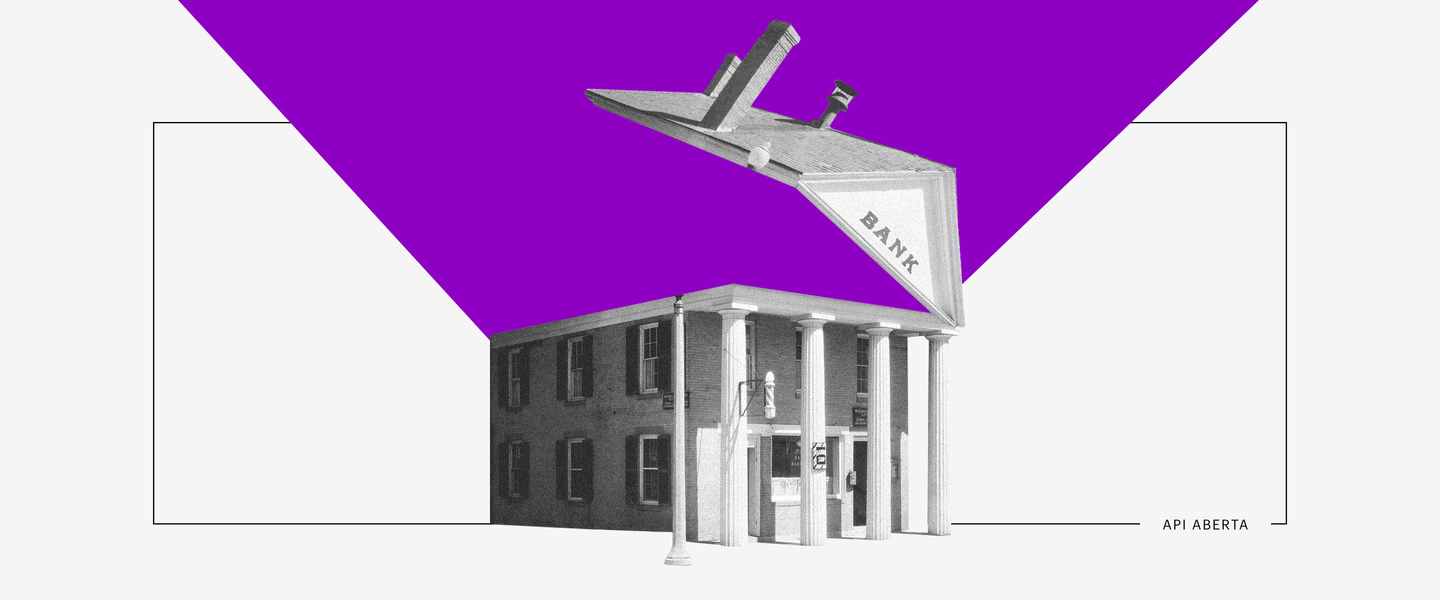RIO DE JANEIRO, BRAZIL – The request to postpone the second phase of Open Banking came from members of the Convention to identify problems in the ratification of some procedures. The group comprises representatives of banks and fintechs and is responsible for writing the “manual” for data exchange.
Concerns about the security and efficiency of the data exchange were already evident a few days ago among financial institutions, which have a much larger volume of information to exchange. On Friday, in the run-up to the final tests before the debut of the second stage, it became increasingly clear that the deadline was too tight and that it would make more sense to postpone it.
The problems were brought to the Central Bank (BC) by members of the assembly. On Wednesday morning, the regulator reported that the second stage, which was to begin tomorrow, had been postponed until August 13. There were no changes in the schedule of the following phases.

The implementation of Open Banking is mandatory for financial institutions classified by the Central Bank (BC) as S1 and S2, which roughly speaking includes large and medium-sized banks. Valor news magazine found that the largest group was almost ready, but some smaller ones were not fully prepared. There was also a risk of failure in the verification tests.
According to industry sources, supporters of the postponement included mid-sized banks, but fintechs also agreed to the request, although it would be much easier for them to implement. According to a sector source, the request was made so as not to repeat in Open Banking the same problems that are seen in the system of claims cards that went live a month ago and so far presented technical and procedural problems.
According to one of these, the timetable for the second phase, which was to begin this Thursday and extend over a few weeks, was seen as too tight and left little room for consideration of possible (and expected) difficulties in interoperability, authorization, or systems interlocutors.
Starting this Thursday, financial institutions would begin opening up access to registration data, checking accounts, credit cards, and credit transactions to peer institutions after receiving permission from customers.
The process would still be quite scaled: Initially, the idea was that only 0.1% of the customer base would have their data available, in a limited time, from 8h to 18h.
Nevertheless, sources related to the banks felt that given the complexity and unprecedented nature of these procedures, adjustments to the schedule were very likely. Any failure could affect what the institutions consider the key to the success of Open Banking: the trust of customers in the system, without which it can not be implemented.

